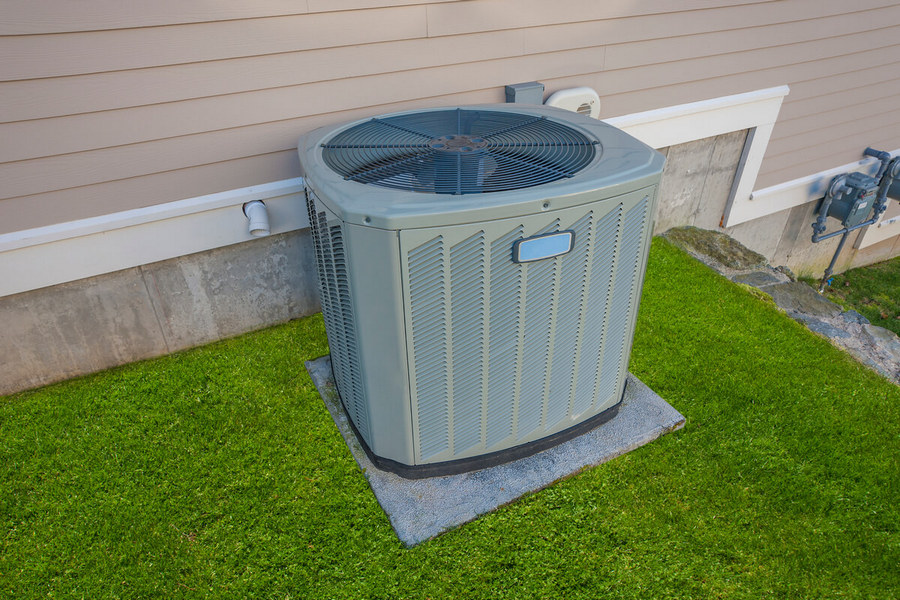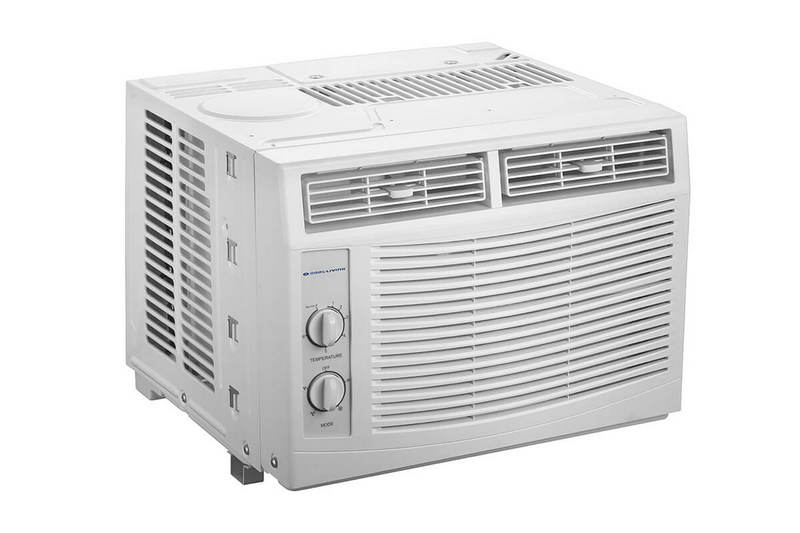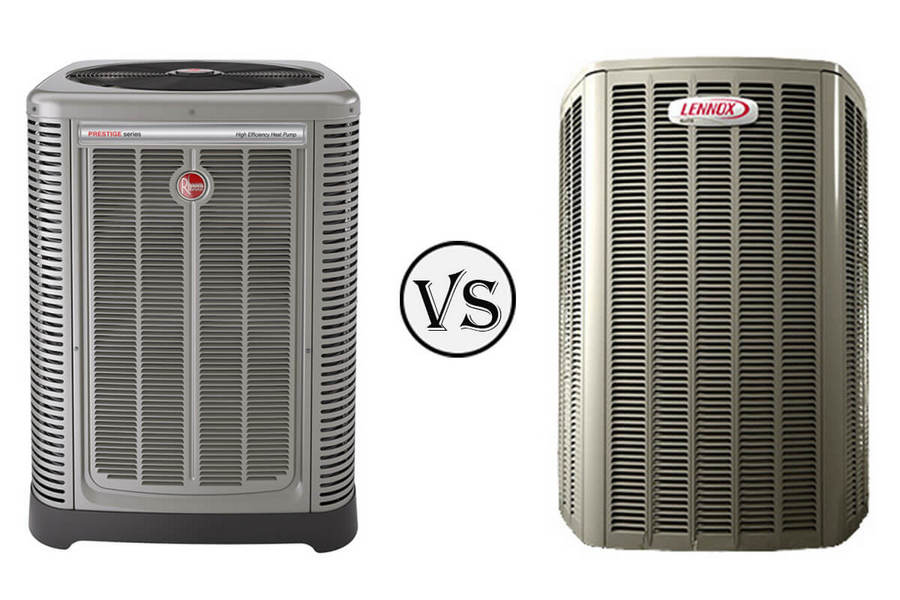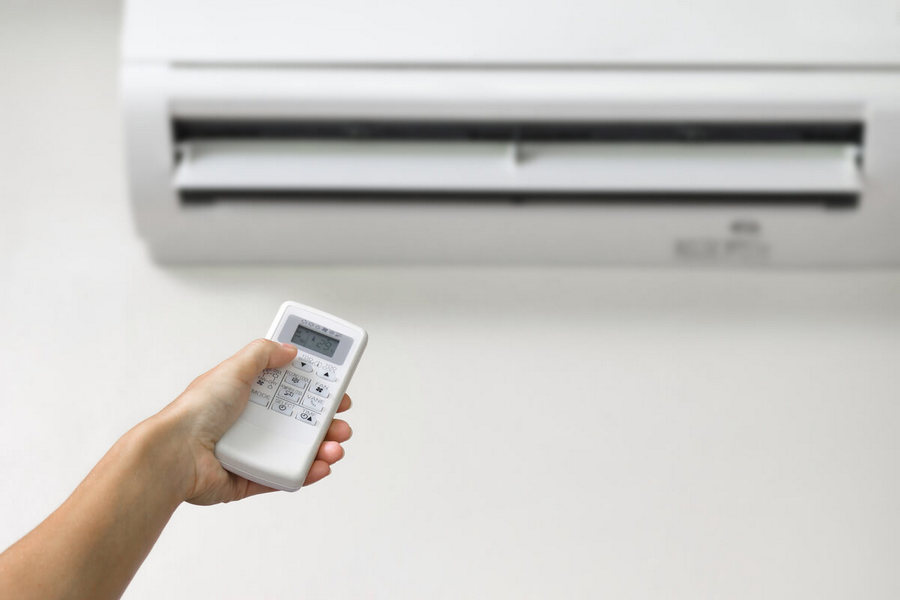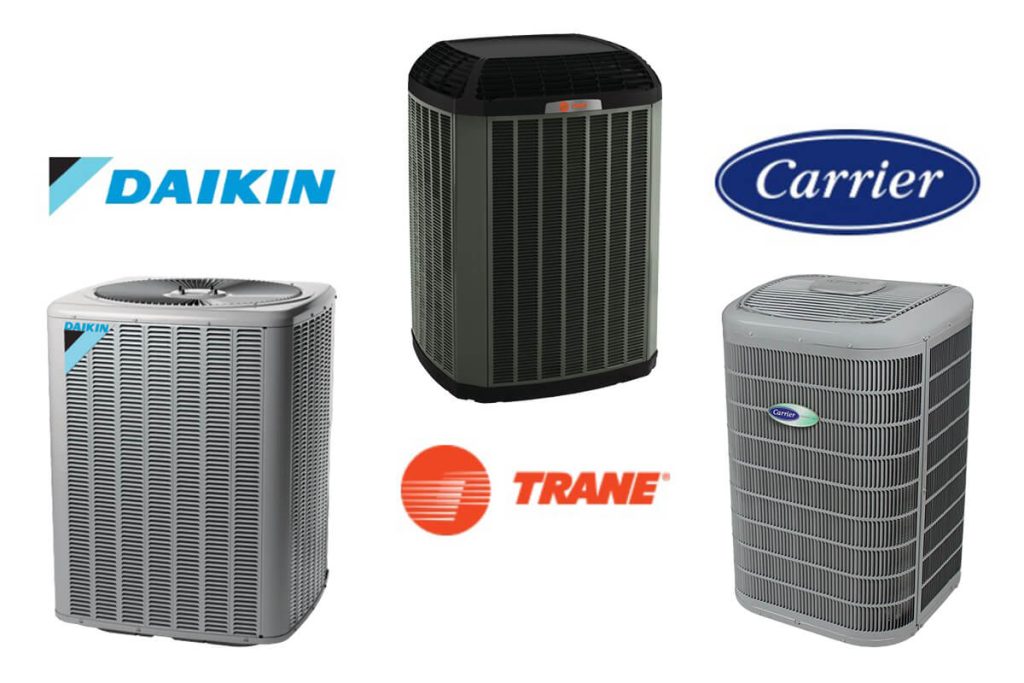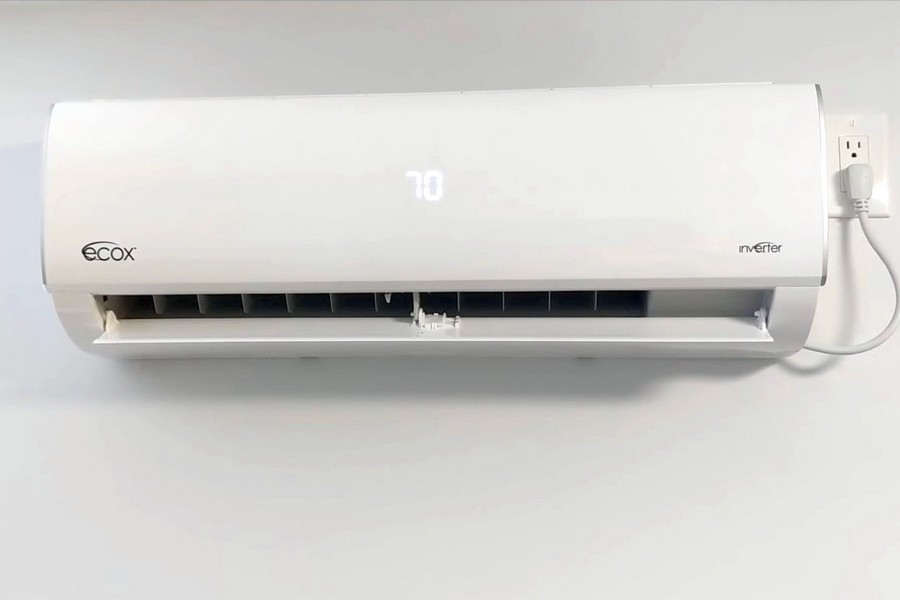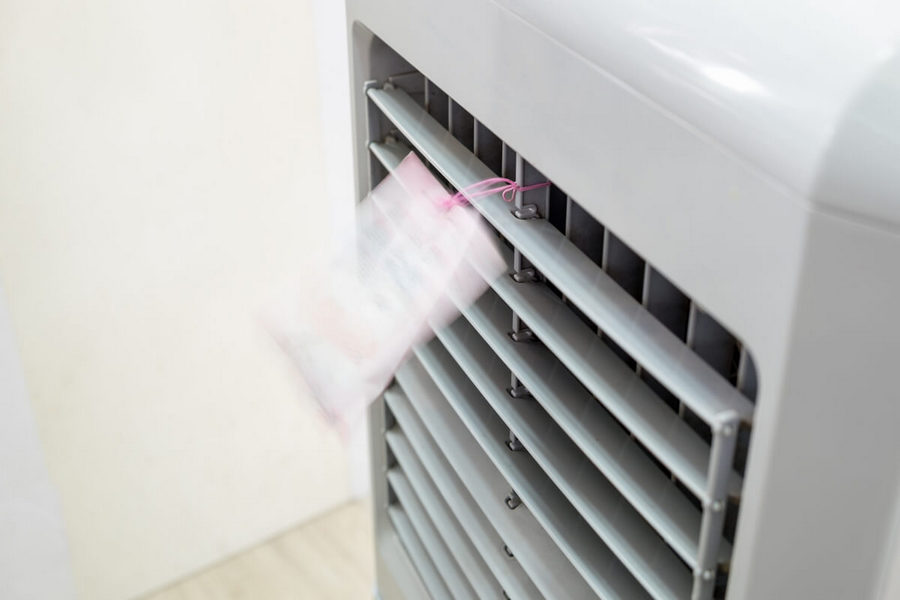A heat pump is a convenient unit meant to either cool or heat your home. It is a great alternative to your traditional HVAC and window AC units.
Moreover, many prefer the heat pump because it offers energy efficient features for your home when compared to other options. If it is properly maintained, the heat pump can run smoothly for many years.
However, just as with any other HVAC or air conditioning system, heat pumps can also break down. It is important to know some of the ins and outs of how the heat pump works. In this article, we’ll find out why your heat pump fan is not spinning.
A Clog in the Heat Pump Fan
Both the indoor and outside units of the heat pump should be running together when you want air in your home. When the fan in the outdoor unit isn’t working, the most common issue could be a clog somewhere in the fan line.
This can happen after windy days or after the fall season. Leaves, tree branches and other debris can get stuck in the fan blade or motor stopping it completely.
You may even hear strange noises coming from the fan itself before it completely stops. It can be heard as if the blades are hitting something.
Eventually, the obstruction will either break off or sit there until someone removes it. As a safety precaution, remember to turn the unit off if you plan on removing the obstruction yourself.
Related: Best Fin Combs for HVAC Condenser Coil Repair
The Unit Turns On But Fan Won’t Spin
One of the worst feelings you can experience is when you turn the heat pump on only to find out that your fan is not spinning. If a simple nudge won’t get the fan working again, the problem may be with the condenser fan motor or compressor.
In this case, remember to leave the unit off to prevent further damage. One of the fan’s primary functions is to keep the compressor cool. Running the heat pump without the fan will surely burn out the motor and compressor.
You Need a New Capacitor
What does the capacitor do? The capacitor is the component located within the outside unit.
Its purpose is to deliver power to the motor, which then runs the entire heat pump system. When you have a bad or faulty capacitor, this would be the best-case scenario versus your motor failing. You can replace your capacitor at a much affordable price than an entire motor.
Although the condenser fan motor may still run for a while, it will lose its efficiency without the capacitor. In time, the fan will stop spinning or the air conditioning component of the heat pump will not cool anymore.
Check Your Settings and Power
One of the first things that you should check is the power. Make sure that you haven’t tripped any circuit breakers that are connected to the heat pump.
Too much power being drawn into one circuit can sometimes cause the breakers to trip causing your heat pump and fan to suddenly stop running. If you do have power, make sure to check the heat pump’s settings.
The heat pump should be set to cool for the warmer weather. If it is set to the wrong setting, your fan will not turn on until you change the settings on your thermostat.
You Need a Replacement
Finally, if you’ve tried to troubleshoot many of these issues with no luck, you may need a complete replacement. Heat pumps usually last anywhere from 10 to 20 years.
The lifespan may even be shorter since the heat pump can work to both cool and heat your home. This means that it works all year long. The extra workload can increase wear and tear issues that can later cause it to break down.
One way to tell if you need a replacement is the frequency of repairs. Frequent repairs cost more money in the long run, so investing in a new heat pump would be the way to go.
Read Next: How Often Should a Heat Pump Cycle?

